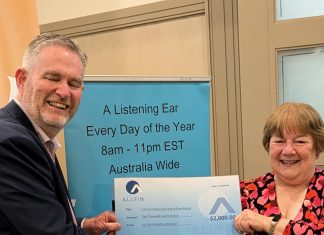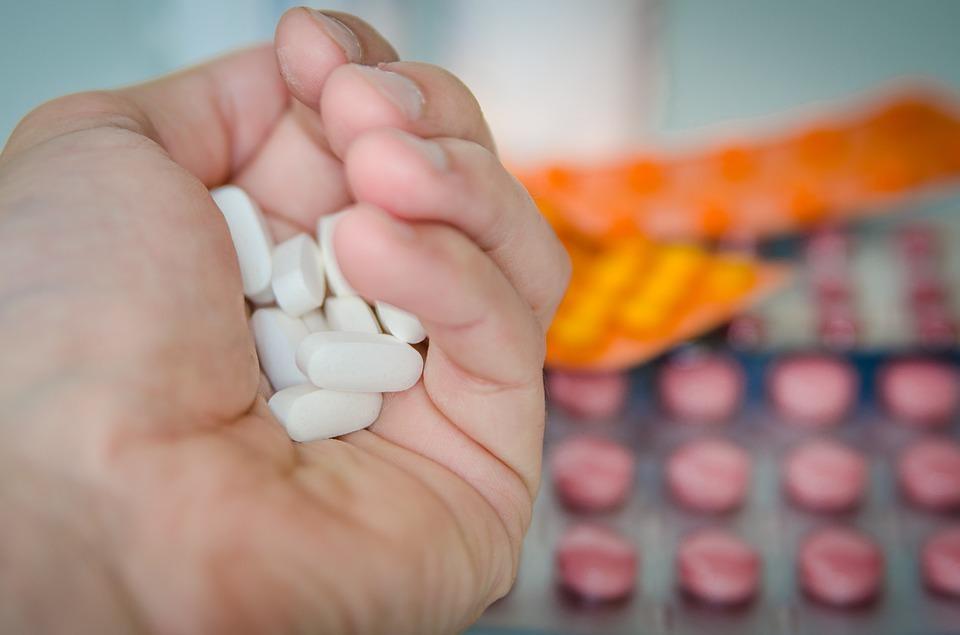To prevent heart disease and stroke, people aged over 60 should do more exercise, not less, according to findings from a study published in the European Heart Journal.
Researchers in South Korea studied more than 1.1 million people aged 60 and above and found those who reduced levels of moderate or vigorous physical activity as they grew older had as much as a 27 per cent increased risk of heart and blood vessel problems.
In contrast, those who increased their levels of activity had a reduced risk of cardiovascular disease of up to 11 per cent.
The study also showed the link between levels of physical activity and risk of cardiovascular disease in older people remained true, even for those with disabilities and chronic conditions such as high blood pressure, high cholesterol levels and type 2 diabetes.
Researchers, led by PhD student Mr Kyuwoong Kim, under the supervision of Professor Sang Min Park of Seoul National University’s Department of Biomedical Sciences, carried out the study with nearly 1.2 million men and women aged 60 years or older who underwent two consecutive annual health checks provided by the Korean National Health Insurance Service. The health checks were from 2009 to 2010 and 2011 to 2012 and participants were followed up until December 2016.
At each health check the participants answered questions about their physical activity and lifestyle. The researchers calculated the amount of moderate exercise (eg, 30 minutes or more a day of brisk walking, dancing, gardening) and vigorous exercise (eg, 20 minutes or more a day of running, fast cycling, aerobic exercise) a week at each screening, and how it had changed during the two years between the screenings.
The researchers collected data on heart disease and stroke from January 2013 to December 2016. They adjusted their analyses to take account of socioeconomic factors, such as age and sex, other medical conditions and medication taken, and lifestyle behaviours, such as smoking and alcohol consumption.
The average age of the participants was 67 years, with 47 per cent being men. About two-thirds said they were physically inactive at both the first and second screening period. A higher proportion of women were physically inactive (78 per cent and 77 per cent) compared with men (67 per cent and 66 per cent) in both screening periods.
Only 22 per cent of inactive people increased their physical activity by the time of the second health check, and 54 per cent of people who had been exercising five or more times a week at the time of the first screening had become inactive by the time of the second.
During the follow-up period, a total of 114,856 cases of heart disease or stroke occurred.
The researchers found that people who moved from being continuously inactive at the first health check to being moderately or vigorously active three to four times a week at the second health check had an 11 per cent reduced risk of cardiovascular problems. Those who were moderately or vigorously active once or twice a week at the first check had a 10 per cent reduced risk if they increased their activity to five or more times a week.
In contrast, those who were moderately or vigorously active more than five times a week at the first check and then became continuously inactive at the second check had a 27 per cent increased risk of cardiovascular problems.
“The most important message from this research is that older adults should increase or maintain their exercise frequency to prevent cardiovascular disease,” Mr Kim said.
“Globally, this finding is of public health importance because the world’s population aged 60 years and older is expected to total two billion by 2050, an increase from 900 million in 2015, according to the World Health Organisation.
“While older adults find it difficult to engage in regular physical activity as they age, our research suggests it is necessary to be more physically active for cardiovascular health.”
Mr Kim says he believes community-based programs to encourage physical activity among older adults should be promoted by governments, while health professionals should recommend physical activity along with other recommended medical treatments for people with a high risk of cardiovascular disease.





